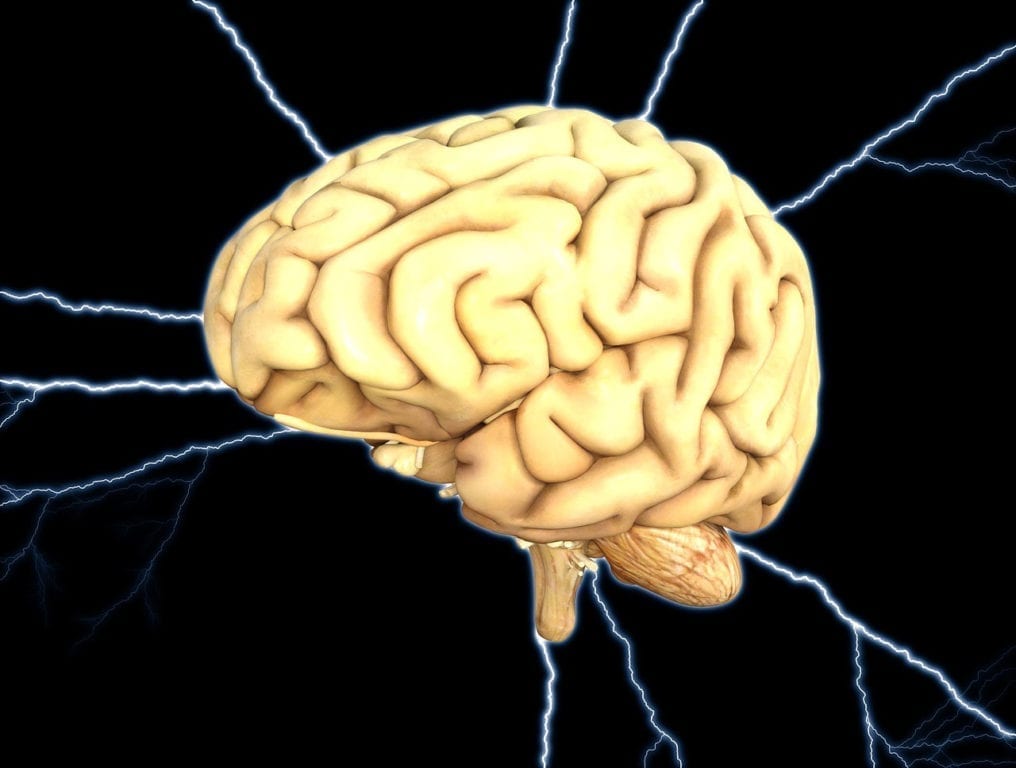According to a story from the Daily Bruin, a team of scientists from UCLA are in the midst of developing the first therapy for multiple sclerosis that could address the underlying mechanism of the disease instead of just relieving symptoms. Most treatments for multiple sclerosis are able to reduce the impact of symptoms by controlling the inflammatory response, but none of them actually allow the damage inflicted by the disease to heal.
About Multiple Sclerosis
Multiple sclerosis is a neurological disease which is characterized by damage to the myelin sheath, a fatty, insulating, protective covering that surrounds nerve cells and allows them to communicate effectively. Although a precise cause has not been determined, multiple sclerosis is considered an autoimmune disease, in which a certain trigger, such as an infection, may cause the immune system to mistakenly attack healthy tissue. Smoking and certain genetic variants are also considered risk factors for the disease. Symptoms include blurred vision, double vision, blindness in one eye, numbness, abnormal sensations, pain, muscle weakness, muscle spasms, difficulty speaking and swallowing, mood instability, depression, loss of coordination, and fatigue. There are a number of treatments available for the disease, but no cure. Life expectancy for patients is slightly reduced. To learn more about multiple sclerosis, click here.
Estrogen for Multiple Sclerosis
Prior study has suggested that estrogen could play a role in reversing some of the impacts of multiple sclerosis. The leader of the study is Rhonda Voskuhl says that a critical step in repairing the nerve damage caused by the disease means healing and repairing the myelin sheath that protects nerves. This means stimulating the production of cholesterol, which is a central component of the sheath. This is something that treatment with estrogen can do.
Pregnant women who have multiple sclerosis often see their symptoms recede during the pregnancy. This is what led researchers to conclude that estrogen, which is elevated during this time, could have an impact on the illness. A form of estrogen called estriol, which is released by the placenta, was found to be especially impactful, and the risks of using it are relatively minor.
While small scale trials have produced encouraging results, only further testing will confirm that estrogen could have a real effect on the disease.
Check out the original study here.






